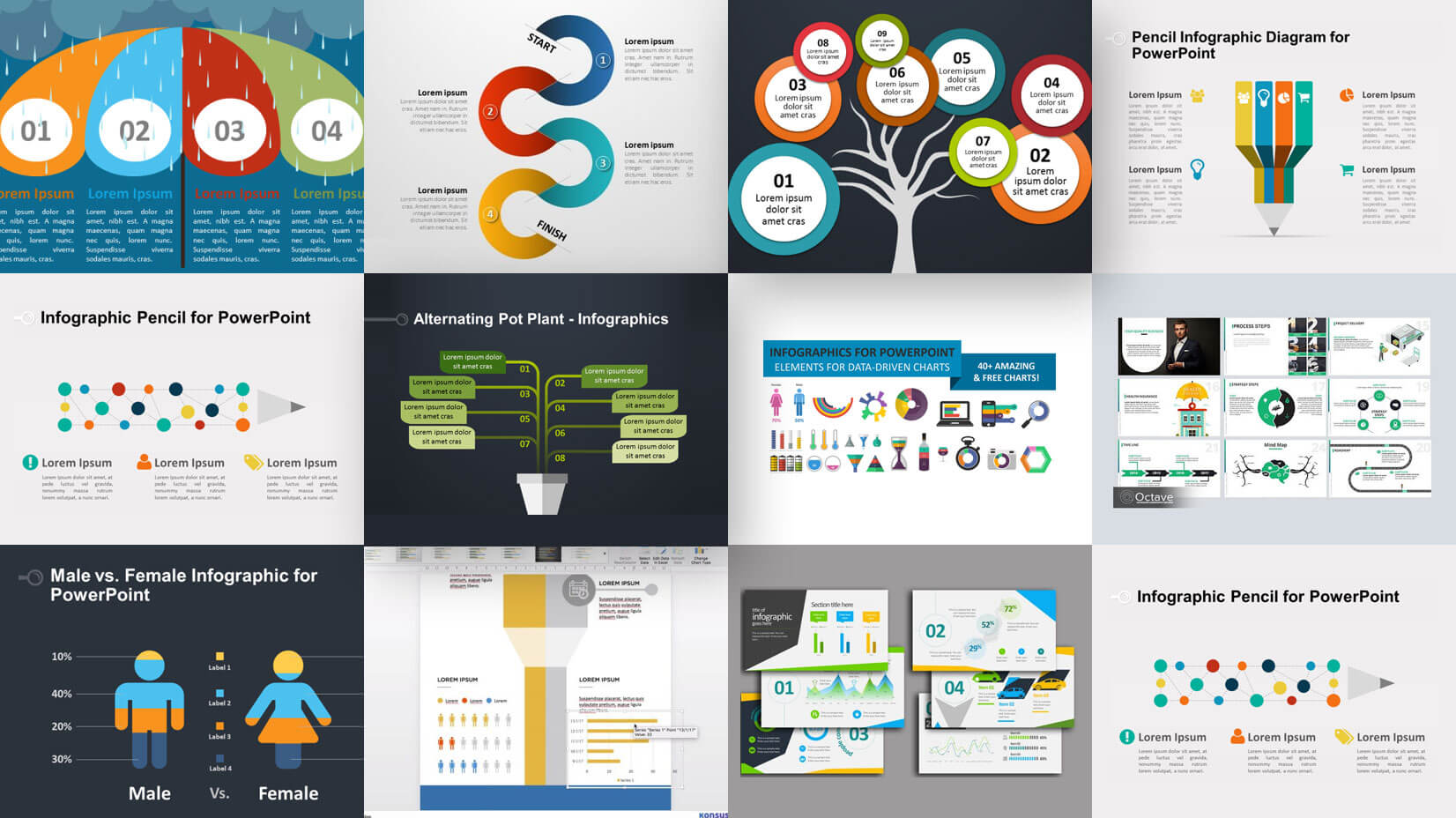
When you want to perform, display, or show a film, video, or TV program, whether it be as part of a course, at a group or club activity, at an organization event, or as a training exercise, you have to consider the rights of the those who own the copyright to the work you want to use. This consideration must be made regardless of who owns the video or where you obtained it. Copyright owners have certain rights, which are commonly known as public performance rights (PPR).
When you're using a film, video, or TV program in a classroom for teaching or educational purposes, such performance or display of the entire work may be allowed without permission under the face to face teaching exemption at 17 U.S.C. §110(1).
When showing a film in an online class, it may be considered fair use depending on how much of the film is being shown and for what purposes. If fair use does not apply, you will need a streaming license or view the film through a licensed streaming film provider.
In most other cases, especially when the film, video, or TV program is being shown as part of an event, you need permission--often in the form of a public performance rights (PPR) license--to perform or show the copyrighted work.
Beyond Mt. SAC Library's streaming sources, sometimes commercial streaming options like Netflix, Amazon, Hulu, AppleTV, and Disney+ and others may seem like the easiest option. However, it's important to keep in mind that those works are subject to copyright and that includes Public Performance Rights (PPR).
For the most part, these providers do not offer institutional accounts, nor do their licensing agreements allow for streaming during face to face (F2F) classes or online. One thing to note, though, is that when you're using a film, video, or TV program in a classroom for teaching or educational purposes, display of the entire work may be allowed without permission under the F2F teaching exemption at 17 U.S.C. §110(1). Netflix does offer some of their films for classroom use, however.
You can use Just Watch or ReelGood to search across popular streaming services to find out where to legally watch a video. Hoopla is a service that allows users to link their public library account (Hoopla has a list of libraries they work with) and borrow eBooks, audiobooks, movies, etc. for free
If it was legal to show slide images in class, it is likely legal to show them to students via live video conferencing or in recorded videos.

Adapted from Harvard University LibGuide "Copyright Considerations for the Harvard Community in Shifting Courses from In-Person to Online During the COVID-19 Crisis"
The Mt. SAC Library offers several streaming options through our subscription. A select few are highlighted below:
Kanopy Film & Media - Includes streaming movies, documentaries, instructional films and lessons on subjects such as art, business, education, global studies & language, health, media & communications, sciences, and social sciences.
Films on Demand - Search for videos by topic, creator, video type, and language. Users can search transcripts, create playlists, and save clips for future viewing. Videos are available in several subject collections including, but not limited to, Art & Architecture, English, Nursing, Sociology, and Veterinary Science and Technology
Swank Digital Campus - Swank Digital Campus provides colleges and universities with the largest academic streaming collection of its kind. With over 25,000 films, documentaries and TV shows, Swank Digital Campus simplifies film distribution by providing faculty and students a legal streaming resource both on and off campus.
You can use YouTube videos for instructional/non-commercial uses by linking to it directly or using standard YouTube embed code.
However, you should be aware that not all materials on YouTube are in copyright compliance (Fair Use on YouTube).
You can use and share TED videos for instructional/non-commercial uses by linking to it directly or using standard YouTube embed code.
Note that TED does not allow their videos to be downloaded, edited or redistributed without their direct supervision. This also means you cannot upload their videos to your channel or website directly.
According to the TED usage policy:
We encourage you to share TED Talks that are licensed for distribution under our Creative Commons license, Attribution–Non Commercial–No Derivatives (or the CC BY – NC – ND 4.0 International) which means it may be shared by following a few requirements (TED Talks under Creative Commons License section).